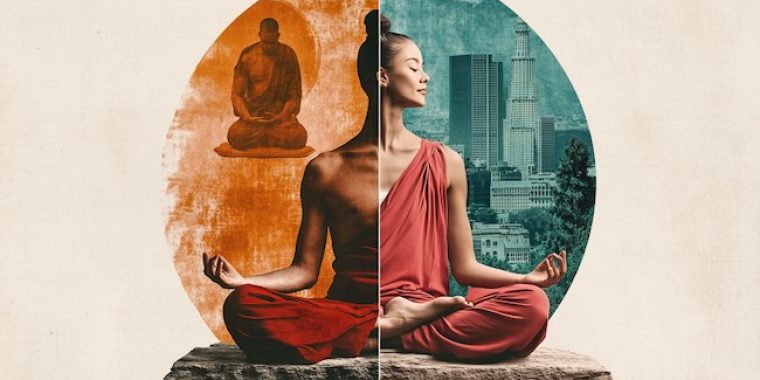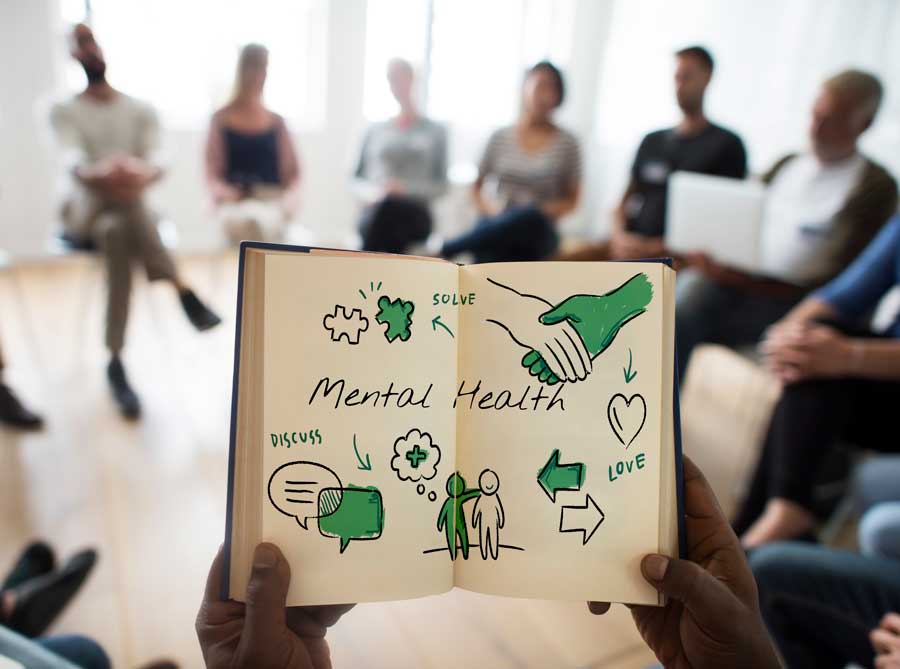Every culture has its own understanding of health, healing, and emotional well-being. These beliefs shape how people view therapy, manage stress, and practice self-care. In some societies, therapy is seen as a sign of strength and self-awareness, while in others, it may be misunderstood or avoided due to social stigma or traditional values. Cultural norms determine not only when individuals seek help but also how they define healing itself — whether through professional counseling, spiritual rituals, or community support. Understanding how cultural beliefs influence therapy and self-care helps bridge the gap between modern psychology and traditional wisdom, promoting more inclusive approaches to mental wellness.
The Cultural Definition of Healing
Healing is not a universal concept. In Western societies, it often focuses on the individual’s psychological state and personal growth. Therapy emphasizes self-reflection, communication, and scientific treatment. In contrast, many non-Western cultures define healing as a collective and spiritual process, where emotional balance is restored through connection with family, ancestors, or nature. For example, in Indigenous traditions, emotional pain is often seen as a disruption of harmony with the environment or community, not merely a mental disorder. These contrasting beliefs influence how people respond to therapy and whether they view it as a suitable form of healing.
Collectivism vs. Individualism in Therapy
One of the biggest cultural differences in therapy acceptance lies in the collectivist vs. individualist worldview. In individualist cultures such as the United States or Western Europe, people are encouraged to express emotions openly and prioritize personal growth. Therapy fits naturally into this model, emphasizing self-expression and independence. However, in collectivist societies like Japan, India, or Nigeria, the well-being of the family or group often comes before the individual. Discussing personal struggles with an outsider can be seen as disloyal or shameful. As a result, people may rely on family elders, spiritual leaders, or traditional healers rather than licensed therapists.
Spiritual and Religious Interpretations of Mental Health
Spirituality plays a central role in shaping attitudes toward therapy and self-care. In many cultures, emotional suffering is linked to spiritual imbalance rather than psychological dysfunction. For instance, Buddhist teachings encourage mindfulness and compassion as forms of mental purification, while Islamic practices emphasize prayer and remembrance (dhikr) to achieve peace of mind. In Christian communities, counseling is often combined with faith-based support groups or pastoral care. These beliefs can enhance healing when integrated with therapy but may also discourage professional treatment if people believe faith alone is sufficient to heal.
Table: Cultural Perspectives on Therapy and Self-Care
| Culture/Region | View on Therapy | Common Self-Care Practices | Potential Barriers |
|---|---|---|---|
| Western (U.S., U.K.) | Therapy is normalized and widely accepted | Journaling, meditation, fitness | High cost, time pressure |
| East Asian (Japan, Korea, China) | Often stigmatized or kept private | Family meals, group harmony, herbal remedies | Fear of shame, social judgment |
| South Asian (India, Pakistan, Nepal) | Traditional or spiritual healing preferred | Yoga, prayer, community involvement | Stigma, generational taboos |
| Middle Eastern | Faith-based healing prioritized | Prayer, reflection, social gatherings | Limited access to therapy, cultural conservatism |
| African | Community-based or ancestral healing valued | Music, rituals, storytelling | Lack of mental health infrastructure |
Traditional Healing as Emotional Therapy
In many societies, traditional healing serves the same purpose as modern therapy. Storytelling, music, and ritual allow people to express emotions, find belonging, and release trauma. African drumming ceremonies, Native American talking circles, and Ayurvedic practices in India all offer emotional relief and social connection. These forms of healing address not only the individual’s mind but also their relationship with community and environment. While they may not replace clinical therapy, such cultural practices demonstrate the many paths to self-understanding and recovery.
The Modernization of Self-Care
In today’s globalized world, self-care has evolved from a cultural practice into a global lifestyle trend. However, its meaning still varies across societies. In the West, self-care often focuses on mental rejuvenation through mindfulness, skincare routines, or exercise. In contrast, in collectivist cultures, self-care may involve fulfilling social duties, maintaining harmony, or engaging in spiritual rituals. As awareness grows, mental health professionals are learning to adapt self-care strategies to different cultural backgrounds — for instance, integrating community engagement into wellness programs for collectivist societies.
The Role of Family and Community
Family plays a vital role in shaping attitudes toward therapy. In many cultures, family elders are considered the first line of emotional support. While this can provide comfort, it may also discourage individuals from seeking professional help if mental illness is seen as private or shameful. In some Asian and Middle Eastern communities, families may prioritize reputation and social harmony over emotional expression, creating silence around mental struggles. Conversely, in more open societies, family encouragement often drives early intervention and preventive care. Recognizing these dynamics helps therapists design culturally sensitive treatment plans.
Bridging Traditional and Modern Approaches
Modern psychology increasingly recognizes the value of traditional beliefs in promoting mental wellness. Integrating cultural rituals, language, and values into therapy creates trust and relevance for diverse populations. For example, mindfulness therapy is rooted in Buddhist philosophy, yet it has become one of the most widely used psychological tools worldwide. Similarly, community-based healing models in Africa and Latin America are being studied for their success in reducing stress and improving resilience. By merging scientific methods with cultural empathy, mental health care can become more inclusive and effective.
Cultural Barriers to Self-Care and Therapy
Despite progress, many people still struggle to embrace self-care or therapy due to cultural stigma. Myths such as “therapy is for the weak” or “self-care is selfish” persist in several societies. Gender expectations also play a role — in patriarchal cultures, men may suppress emotions to appear strong, while women may prioritize family over personal well-being. Financial limitations, lack of awareness, and limited access to professionals further widen the gap. Breaking these barriers requires education, representation, and culturally adapted outreach programs.
The Global Shift Toward Inclusive Mental Health
As global dialogue expands, younger generations are challenging traditional beliefs about therapy and self-care. Social media, international education, and multicultural workplaces are helping normalize emotional openness and mental wellness. Campaigns promoting mindfulness, therapy, and stress management are increasingly tailored to respect cultural diversity. Governments and organizations are also collaborating to integrate mental health into public policy, combining modern medicine with cultural insight. This shift represents a future where mental wellness is seen not as a luxury, but as a universal right.
FAQs
1. How do cultural beliefs affect the acceptance of therapy?
Cultural beliefs determine whether therapy is seen as a personal necessity or a social taboo. In cultures that value privacy and family reputation, therapy may be avoided, while in open societies it is widely embraced.
2. Can traditional healing and modern therapy work together?
Yes. Combining traditional practices such as meditation or community rituals with evidence-based therapy provides a holistic approach that respects cultural identity while ensuring effective treatment.
3. Why is self-care viewed differently across cultures?
Because each culture defines well-being in its own way — some prioritize personal relaxation, while others see caring for family, community, or faith as essential forms of self-care.



